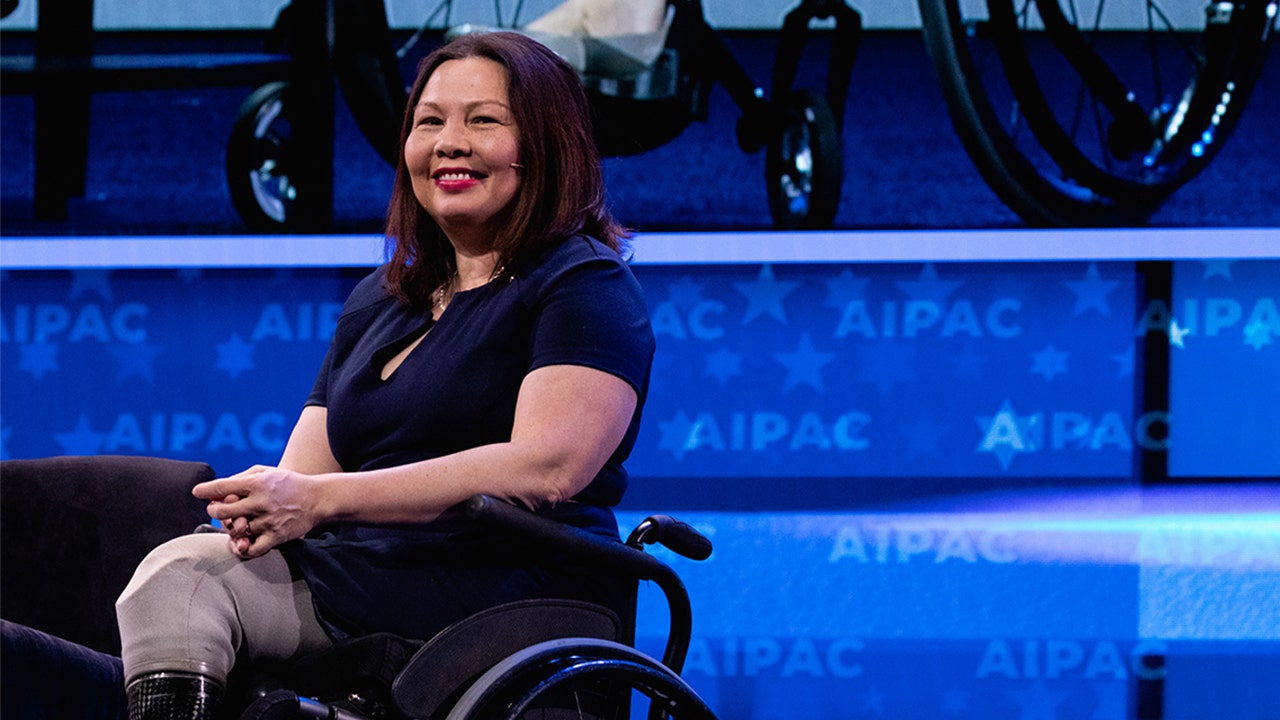Theresa May will officially step down as the leader of the Conservative Party on Friday, but will remain as prime minister until her successor is chosen.
She announced her resignation two weeks ago, saying it was a matter of deep regret that she had been unable to deliver Brexit.
Eleven Conservative MPs are vying to replace her as party leader and, ultimately, prime minister.
The winner of the contest is expected to be announced in the week of 22 July.
Mrs May remains acting party leader during the leadership election process.
Meanwhile, the Conservatives fell to third place in the Peterborough by-election, behind winners Labour and the Brexit Party in second place, in what is traditionally a Tory-Labour marginal seat.
PA
6 yearsbefore that, as home secretary
Failed to win 2017 general election outright, but stayed PM
Remainvoter in the 2016 EU referendum
Brexit dominated her time at 10 Downing Street
Mrs May's time as leader has been dominated by Brexit, with her party divided over the issue, and the failure to get her deal through Parliament.
The UK was originally meant to leave the European Union on 29 March but that was then pushed back to 12 April and eventually 31 October.
When Mrs May announced her resignation, she said it was time for a new prime minister to try to deliver Brexit.
The end of her time as party leader will come in a private exchange of letters with Charles Walker and Dame Cheryl Gillan, the joint acting chairmen of the 1922 Committee of backbench Conservative MPs.
There will then be a call for candidates issued at 17:00 BST, with nominations opening on Monday from 10:00 and closing at 17:00 BST that day.
What powers does Theresa May still have?
By Tom Edgington, BBC Reality Check
Constitutionally speaking, Theresa May keeps the same powers. But in the eyes of MPs she may lack the authority to introduce any radical policies between now and handing the reins over to a new prime minister.
While Mrs May is still free to make policy or funding announcements, any pledges would eventually need to made into law. According to Catherine Haddon, from the Institute for Government think tank, there's no guarantee MPs would give Mrs May's announcements the green light - especially with such a small working majority.
Aside from policy, Mrs May will continue to represent the UK abroad and she is still free to make public appointments and make changes to her team of ministers.
She will be able reward some of those she has worked with - including knighthoods and appointments to the House of Lords. But the resignation honours list has been controversial in the past - so it will be interesting to see how many appointments Mrs May makes.
Leadership candidates need eight MPs to back them. MPs will then vote for their preferred candidates in a series of secret ballots held on 13, 18, 19 and 20 June.
The final two will be put to a vote of members of the wider Conservative Party from 22 June, with the winner expected to be announced about four weeks later.
While the contest does not officially start until Mrs May steps down, candidates have already been jostling for position.
How the next prime minister gets a Brexit deal through Parliament and whether they would countenance a no-deal exit has been the dominant question of the campaign so far.
Who will replace Theresa May?
The winner of the contest to lead the Conservative Party will become the next prime minister.
Dominic Raab's suggestion at a hustings on Wednesday that he would be prepared to shut down Parliament - the process known as prorogation - to ensure the UK leaves the EU on 31 October has been criticised by his rivals. And Commons Speaker John Bercow said on Thursday it was "simply not going to happen".
Conservative leadership contender Michael Gove has said the UK must not be bound by a "fixed" date if it needs slightly more time to get a deal.
Others, such as Mr Raab and Boris Johnson, insist the UK must leave on 31 October, whether it has approved a deal with Brussels or not.
Former trade minister Lord Digby Jones has called on Mrs May's successor to provide more "stability" for UK businesses over Brexit.
He told the BBC's Wake Up to Money programme that they should ensure the UK leaves the EU on 31 October, "preferably with a deal - but without a deal rather than not coming out".
Labour leader Jeremy Corbyn said: "I don't know who the new leader is going to be, but it seems to be a choice between no deal, no deal and no deal, as far as I can understand it."
https://www.bbc.com/news/uk-politics-48550452
2019-06-07 02:15:24Z
52780309463110
